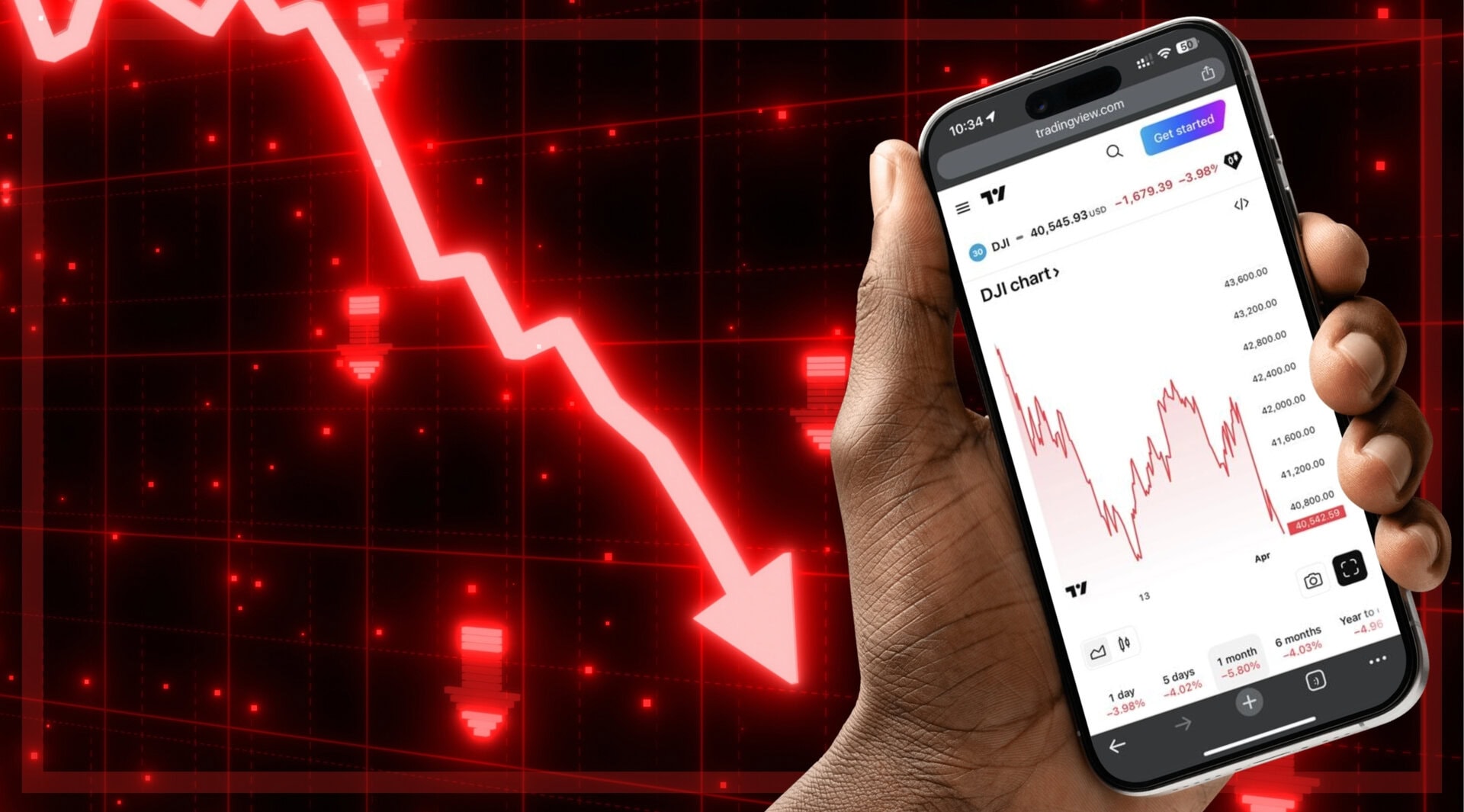In January 2020, Kwon Yong-jin, a former trader at Bank of America Merrill Lynch in New York, returned to his home country of South Korea. Opening a quant trading firm focusing on overseas assets and cryptocurrencies, Blue Financial Group, Kwon sensed an opportunity to make substantial profits in a market still in its early stages of development.
“For me, the biggest advantage to run a quant firm here in Seoul is quant developers and data scientists are so undervalued,” Kwon said. “The average salary to pay for them is almost a third, or even a quarter of that for applicants in New York, while I think the only thing they are lacking is they can’t speak English.”
In the three years since, South Korea has taken steps to encourage the further development of its quantitative trading space, which currently lags its dominant regional rivals: Singapore, Hong Kong, Shanghai, and Shenzhen. This is unsurprising in many ways: after decades of heavy state oversight of the country’s industry, it was only in 1992 that foreigners were first allowed to purchase Korean stocks.
The #quant space in #Shanghai remains nascent. The question as to whether the city’s market could grow further and faster is, in many ways, bound up with the wider question of whether #China will seek to integrate into the global economic order.https://t.co/INbkfNapP4
— #DisruptionBanking (@DisruptionBank) October 10, 2023
The legacy of the Asian Financial Crisis in 1997 perhaps encouraged regulators in Seoul to take a more stringent approach to financial services. The Financial Services Commission did not even issue commercial bank licences for thirty years – new domestic players only entered the banking sector in July this year after the regulator decided to try and encourage greater competition.
The government Finance Ministry took a further step towards liberalisation in September, when the department announced that it would start accepting applications from foreign financial firms for licences to trade in the country’s onshore dollar-won interbank market.
At the moment, the Korean Won can only be traded against the dollar through local banks, and only for six and a half hours a day. The government plans to extend trading hours until 2am local time to coincide with the closing on London business hours, as part of a wider strategy to encourage greater levels of foreign participation in South Korea’s financial markets. Could this strategy in turn spawn a wider ecosystem of quant traders seeking to take advantage of the new opportunities available on these markets?
South Korea to allow foreign financial firms to trade won onshore https://t.co/ZQAsspTH7d pic.twitter.com/FSthyd6vUn
— Reuters (@Reuters) September 26, 2023
Howook Lee, a Quant Trader at Alpha273, a crypto-focused quantitative trading firm in Seoul, thinks that South Korea could be poised to benefit as international trading houses and brokerages take an increased interest in East Asian markets. While he thinks the physical location of financial firms has never mattered less, and accepted that other Asian markets remain more prominent, Lee noted that Seoul is carving a potentially lucrative niche for itself within the quant space.
“The geographical locations of traders matter less and less, especially with cloud technology evolving – with the help of our servers near to wherever we want it to be, we can engage in both high-frequency and low-frequency trading in any market,” he told Disruption Banking. “That said, the quant market in South Korea is obviously relatively smaller, compared to other Asian markets like Singapore or Hong Kong. But when it comes to the new areas of decentralised finance (DeFi) – South Korea clearly has an edge in crypto markets.”
It is certainly true that South Korea has been on the frontline of many of the most important developments in the crypto and DeFi markets. 2021 saw multiple metaverse-related exchange traded funds (ETFs) issued in Seoul, which quickly grew to reach a $100 million in assets. The Bank of Korea, the country’s central bank, has stated that it is open to accepting stablecoins as a mass-use currency. The current President, Yoon Suk-yeol, was elected on a platform that promised to facilitate Initial Coin Offerings (ICOs) and take a relatively lax approach to the taxation of crypto profits.
While the spectacular collapse of Terra Luna – founded by Korean national Do Kwon – and FTX has dented confidence in the industry for some, there remains a sizeable crypto market which quant traders are increasingly interested in. Recent analysis suggested that the South Korean crypto market is valued at over $20 billion despite the steep downturn in the global industry in the last year.
"Should development be sustained at its current rate and should metaverse-linked products continue to perform strongly, South Korea’s digital future promises to be very bright." #SouthKorea #cryptohttps://t.co/soAKuijfp0 pic.twitter.com/Ru9HRvT5O4
— #DisruptionBanking (@DisruptionBank) October 12, 2023
Lee believes this offers a solid foundation for the proliferation of crypto-focused quant services in Seoul. He pointed out that quants in the country are almost forced to turn to the decentralised world because the trading of traditional assets is so heavily restricted.
“I think South Korea has unique characteristics when it comes to the crypto market because, by law, retail investors are not able to trade futures or other derivatives, including in traditional markets. Unless you have a licence, you can’t even touch these products,” Lee explained.
“But with crypto, even if you are Korean or residing in South Korea, you can still use FTX, OKX, or other foreign exchanges and gain exposure to derivatives that way,” he said. “It’s a really interesting dynamic in how the market is progressing in South Korea; quant traders are looking at the opportunities presented by crypto markets and the products available there.”
He thinks that, as the quant industry continues to grow, the South Korean government will take steps to liberalise retail trading of crypto and potentially offer licences to professionals for the institutional trading of crypto, including in derivatives products. This would certainly seem to be a precondition for more sustained growth in future years if the government is serious about opening up its capital markets.
South Korea's digital asset market has seen remarkable growth in the first half of 2023, with its total market capitalization hitting $21.1 billionhttps://t.co/WgcWoMXliG
— crypto.news (@itscrypto_news) October 9, 2023
While South Korea’s crypto scene clearly offers considerable potential, and despite recent attempts to liberalise its financial markets, a major obstacle remains. According to Lee, the complex and unique nature of the country’s financial services regulations, means it is very difficult for foreign entities to establish roots in South Korea.
“Even if you are a huge private equity or trading house from overseas, if you want to start operating in capital markets in South Korea, you have to have a really deep understanding of the dynamics of how they work in South Korea,” he said. “It’s really like China, Japan, and Hong Kong but there are small but important differences. These tiny differences make a huge difference to our capital markets – it’s really hard for foreign firms to come into Seoul and do business.”
Other Asian countries – most notably South Korea’s huge neighbour, China – are grappling with similar issues. Recent developments in Seoul suggest that regulators are finally prepared to take steps to encourage foreign participation in the country’s capital markets. But whether this will extend to crypto, and whether quants from around the world will be able to take advantage, is unclear for now.
Author: Harry Clynch
#Seoul #SouthKorea #Crypto #DeFi #Quants















